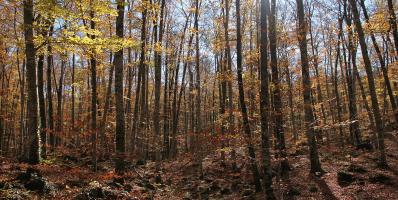A study confirms the relationship between high prevalence of cancer and high consumption of meat and alcohol per capita
A work led by scientists from the CSIC and CREAF has analysed the correlation between diet and cancer in at least 50 countries from 1960 to 2017 and has crossed global databases from institutions such as the FAO, the WHO and the United Nations.







